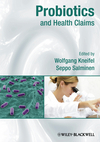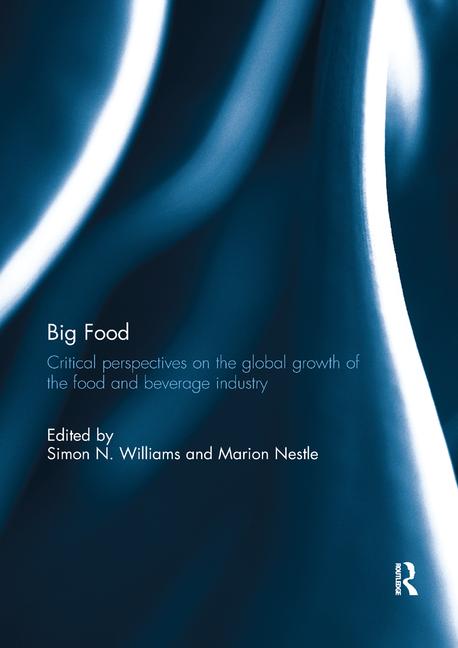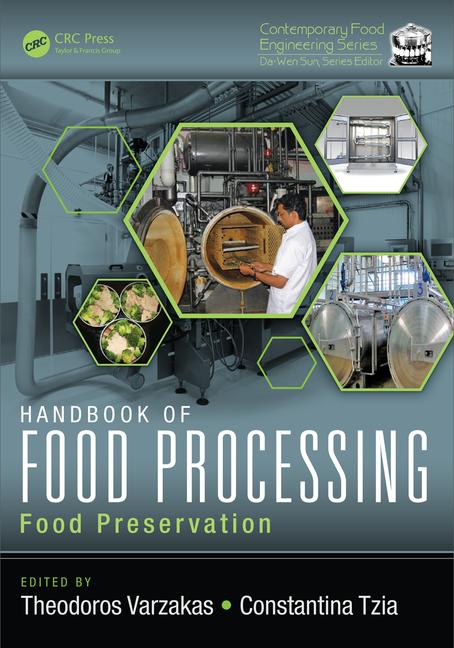EU Agency on Food Claims

The EU's food safety watchdog published April 8 its opinion on 442 proposed health claims on food products.
The share of rejected claims "unfortunately" did not change from previous assessments, with 80% of submissions rejected and 20% approved, EFSA officials explained.
"As for previous evaluations, many of the unfavorable opinions in this series were linked to the poor quality of the information provided to EFSA," the agency said in a statement.
Such information gaps included failure to identify specific substances on which the claim is based and a lack of scientific evidence that the products are indeed beneficial to bodily functions.
Some applications were not even clear regarding the health claim being made, EFSA added.
The publication of approved claims follows three other series of opinions published by EFSA since October 2009 (see first, second and third series). 80% of the claims have been rejected so far.
The claims approved in the most recent package include the relation between walnuts and improved functioning of blood vessels, the antioxidant effects of polyphenols found in olive oil on bad cholesterol, and the effects of caffeine on alertness and increased physical endurance.
EFSA experts have now completed the evaluation of around 80% of "general function" health claims, with the last batch of 600 set to be finalized by June for publication in the autumn, it said.
The European Commission will then immediately follow up in order to establish a positive list of permitted health claims for all substances other than "botanical," it said in a statement
"Botanical claims" on substances such as aloe vera, echinacea, ginseng and green tea extracts are currently on hold at the Commission's request.
From the April 11, 2011, Prepared Foods' Daily News
Looking for a reprint of this article?
From high-res PDFs to custom plaques, order your copy today!






